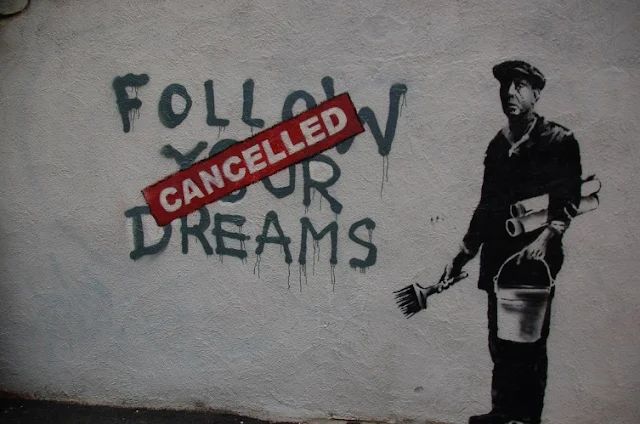Organ trafficking or harvesting involves the illegal removal of organs from individuals, often by force, coercion or deception.
 |
| Kidneys are the most commonly harvested organs |
Kidneys are the most commonly trafficked organs, as they can be transplanted into patients suffering from renal failure. The demand for kidneys far exceeds the available supply of legally donated organs, which makes them highly valuable on the black market.
The liver is the second most commonly harvested organ, as it can be transplanted into patients with liver failure. Like kidneys, the demand for livers is much higher than the available supply.
The heart is a vital organ, and its transplantation is a complex and difficult procedure. Nonetheless, illegal traders are known to target this organ because it is in high demand, especially for patients with end-stage heart failure.
Lungs can also be transplanted in patients with end-stage lung disease. Although not as high in demand as kidneys or livers, lungs are still valuable on the black market.
The pancreas is a vital organ that produces insulin, which regulates blood sugar levels. It is harvested for transplantation in patients with diabetes who suffer from complications. Pancreatic transplants are relatively rare, but still targeted by illegal traders.
Organ trafficking in Africa is difficult to track due to the underground nature of the organ trade.
However there have been prosecution of and reports of organ trafficking or harvesting incidents Africa.
The Illegal Trade of Human Organs
In Nigeria, 2023, a Nigerian senator was found guilty of plotting to harvest organs. Senator Ike Ekweremadu, his wife Beatrice and British based Dr. Obinna Obeta were found guilty of organ trafficking a 21-year-old street hawker to Britain to provide a kidney for the Senators daughter.
The trafficked individual was brought to Britain after being offered money and the promise of work but that he did not know that he was expected to provide a kidney. The plot was not successful but this is the first time organ harvesting has been prosecuted as a trafficking crime.
Uganda in 2018, two men were arrested in Kampala, Uganda, for allegedly harvesting organs from a young boy who had been reported missing. The men were said to be part of a wider organ trafficking network in the country.
Nigeria 2017, Nigerian authorities uncovered a suspected human organ trafficking ring in the city of Lagos. The ring was accused of abducting people and removing their organs for sale.
Egypt 2014, Egyptian authorities arrested a group of doctors and nurses for allegedly operating an illegal organ trafficking ring. The group was accused of harvesting organs from poor Egyptians and selling them to wealthy foreigners.
In 2010, a syndicate was busted in Durban, South Africa, for allegedly kidnapping people and harvesting their organs for sale. Several individuals, including a doctor and a government official, were arrested in connection with the case.
More links to articles you will find thought provoking.































